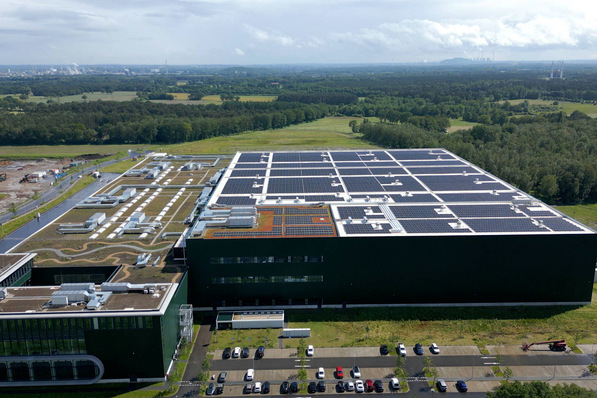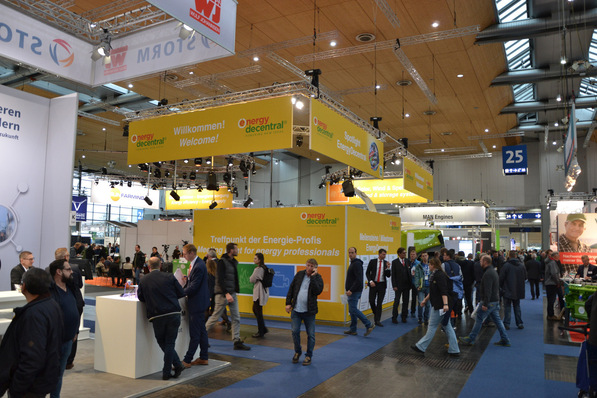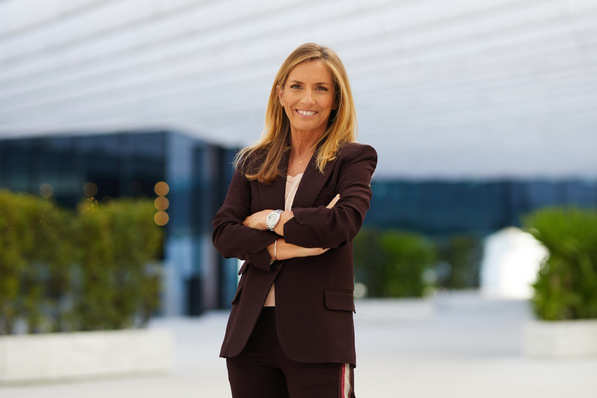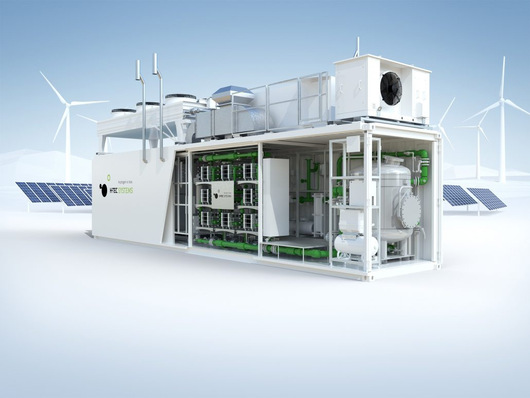The project is being funded by the Ministry of Economic Affairs, Labour and Tourism Baden-Württemberg in the agenda set out for the “Strategic Technologies for Europe Platform” (STEP). A budget of around € 7.6 million has been set aside for a period of three years. STEP has been set up with a view to supporting strategically important and newly emerging technologies and their respective value chains in order to strengthen the international competitiveness, security and sovereignty of the EU and to reduce relationships of dependence in critical fields of technology.
Also see: New electrolyser for industrial applications
“Our expansion of the testing infrastructure means we are shortening the development times of electrolysis technologies to a significant extent. This will strengthen the ability of our enterprises to compete,” said Dr. Nicole Hoffmeister-Kraut, Minister of Economic Affairs, Labour and Tourism, on handing over the symbolic grant cheque on 29 January 2025 in Stuttgart. “The ElyLab will allow us to establish the conditions for future growth. This basic framework is more important than ever given the current economic situation,” added Hoffmeister-Kraut.
Electrolysis stack designs up to the multi-MW scale can be validated
Having opened the ElyLab centre, the ZSW already offers its customers the largest range of testing and innovation facilities for electrolysers in southern Germany. 10 test rigs with a power range of up to 500 kilowatts are already in operation in the ElyLab. With currents of up to 20,000 amperes, electrolysis stack designs can also be validated up to the multi-megawatt scale. The approved funding is now earmarked for new laboratory and office space, extending the test site by 400 square metres.
Also see: Spain - 1.5 GW green hydrogen projects of DH2 Energy in Extremadura
In addition to alkaline electrolysis (AEL), the range of tests on offer will also be expanded to include the process referred to as AEM electrolysis (anion exchange membrane). “The planned infrastructure expansions and the new test rigs for stack tests and component tests will almost double our testing capacity, and this will allow us to meet the constantly increasing demand,” said Dr. Marc-Simon Löffler who heads up the department of Renewable Fuels and Processes at the ZSW.

ZSW
The aim of ElyLab is to boost innovation and to provide support for companies with the development of electrolysis products by way of test facilities and consultancy services. Water electrolysis is the key technology for the green hydrogen market of the future, holding significant opportunities for Germany as a technology hub and offering potential for global export for German enterprises.
Develop suitable accelerated ageing procedures
The rapid expansion of production capacity is essential, and there is also a need for a swift transfer of technology from scientific research to business and for quality control in the development of (upstream) products, in order to be able to achieve the ambitious expansion targets for electrolysers in Germany, Europe and worldwide. Validation procedures for materials and components right through to complete systems must be in step with actual practice in order to make internationally competitive products. Independent innovation and testing centres can make important contributions to this end.
Also see: Italy – Axpo partners for major green hydrogen project
For a successful market ramp-up, it will also be crucial to develop suitable accelerated ageing procedures. This is the only way to put in place the development cycles and quality control systems which are required as part of the product development processes in a much shorter time than has been possible hitherto and, in so doing, achieve the ambitious expansion targets for electrolysis. The test and analysis methods required for this purpose will also be refined and expanded at the ZSW in the course of the new project.(hcn)








